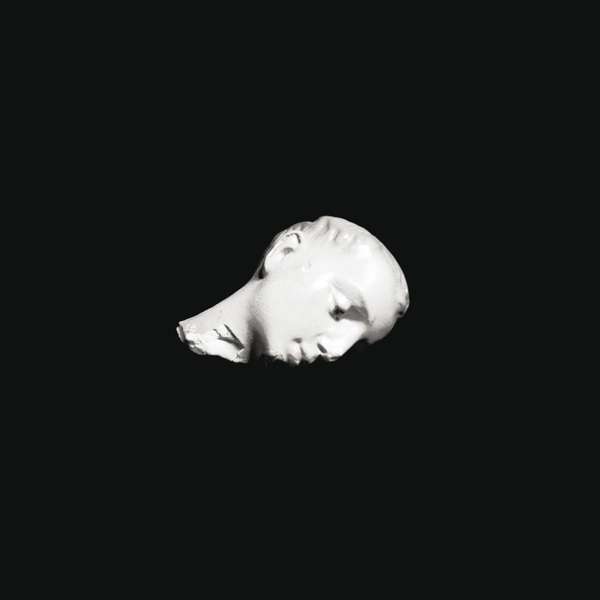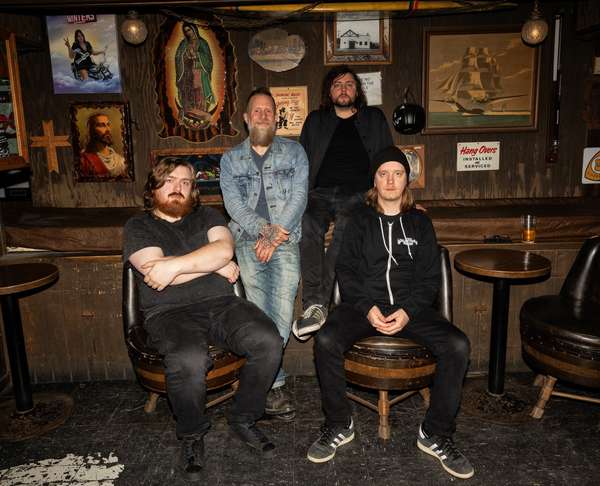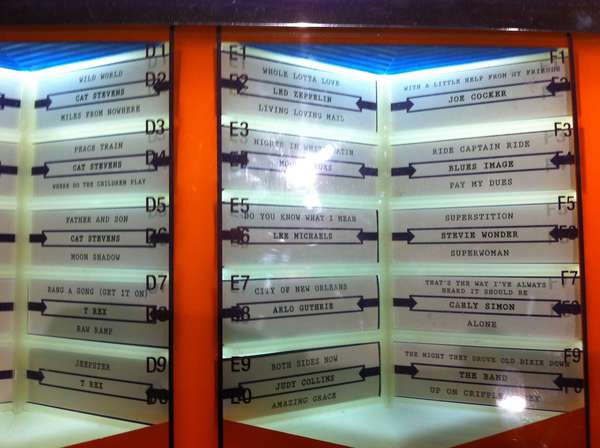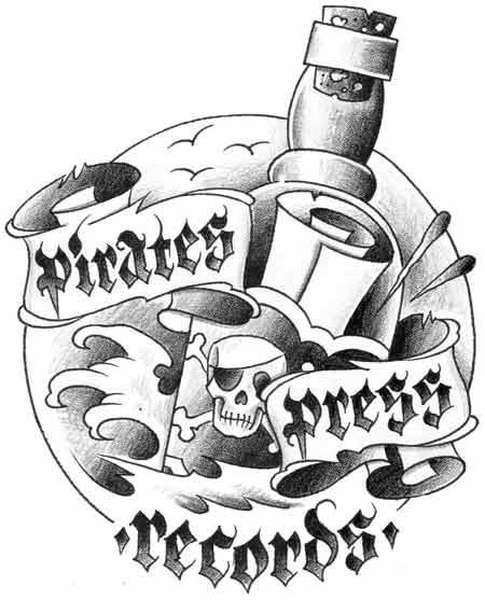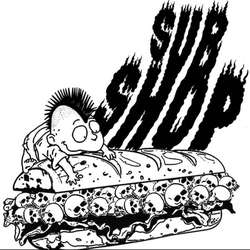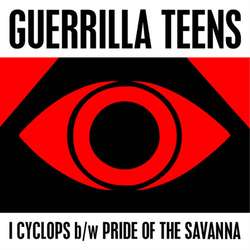The story of Sofa is interwoven with the rise of the Montreal experimental music scene. In the mid ‘90s Sofa made their first steps, staying within the underground and self-releasing a number of records. Their creative output found them moving all over the weird rock scene. From alternative and indie beginnings to post-hardcore and lo-fi implementations, Sofa has been cultivating something unique. However, the real breakthrough would come in 1997 with Sofa guitarist Ian Ilavsky co-founding Constellation Records, alongside Don Wilkie. The historic label’s two first releases were from Sofa, with 1997’s Grey showing the act at its most complete.
Grey was the amalgamation of everything that Sofa was trying to achieve. Indie and alternative structures, post-punk applications and everything viewed through an experimental and no-wave kaleidoscope. Unfortunately, Grey would also signal the end for Sofa, with the act disbanding shortly after and falling into a state of obscurity. Now, 24 years after the release of Grey, Constellation is putting together a massive collection of Sofa’s material. What started out as a simple re-release of Grey grew into something more, and that has become Source Crossfire. The material from Grey is firstly properly reconfigured to fit into vinyl, and it has been augmented with material from Sofa’s earlier cassette records in Town Unsafe and Record from 1995. The result is the most complete document of Sofa’s existence, showcasing the vast capabilities of the act in a very potent form.
Sofa have been relying on multiple foundations, but what greets you from the get go in Source Crossfire is the punk background. “Ch2Chi” arrives with a vengeance, the progression angrily unfolding through this punk-ish energy. It is a similar take to what fellow contemporaries, in the likes of Shellac, would perform. Twisting the punk ethos into its post-hardcore structure, Sofa started to introduce noise rock and math rock ideas, enhancing the havoc. “Stress” sees this energy stretch to its limits, pushing towards a no-wave space. Similarly, “Comma” finds Sofa retaining this awkward push/pull progression while tapping into the grey area between melody and cacophony. This ability results in one of the most powerful weapons in Sofa’s arsenal, momentum. No matter if they are playing fast or slow, there is a constant sense of movement that defines Sofa’s material. “Monotone” sees this quality, the band navigating feverishly through darkly lit labyrinth pathways in what feels like a constant chase with no retort. And still all this pressure is applied without the need to go overtly fast. This is something that Sofa also makes use of in “Regret,” the slow and infectious groove slowly building the momentum. And yet, at other times this is built up to impressive crescendos, as is the case with the maniacal “City of Laughter.”
The second foundation of Sofa’s uncanny style is their allure towards the darker and more mysterious post-punk side. While the progression and kinesis of Source Crossfire is defined by the punk and post-hardcore essence, the atmospherics and aesthetics of this work are drawing so much inspiration from the ‘80s UK scene. Sofa undergo multiple transformations here, reaching across all that post-punk and new wave have to offer. At times they are able to take a minimal approach, subtle and obscure, as is the case with “Arclight.” Spoken word mantras appear in the distance and a constant sense of dread is loose upon the aether. Still, they are able to call upon more melodic inclinations, as is the case with “Just A Walk.” From there on, Sofa move all over the map. The bassline of “The Fence” takes on a pompous characteristic, while the almost James Bond theme-like “80000” rises with a sense of mystery. This is also where Sofa allow their most otherworldly side to appear. Drawing from the hypnotic essence of the dream pop scene, they go through moments of sheer beauty in “Current” and mesmerizing melodies in “Medicine Hat.” The vibe is very different from the earlier post-hardcore assault, a hallucinogenic quality has taken over from the brutal reality. It is a realm built upon subtle percussion and dreamy melodies, shining through the stoner-ized goodness that is “So Around” and the catatonic state of “Travel.”
Still, there is more that is running through the post-hardcore and post-punk foundations for Sofa. And this is where the key component of their sound merges into a solid state. And it is of course their musical creativity, a need of redefining the rock sound. Remember, these are the years of the post-rock movement, when acts like Slint would reconfigure the entire basis of a genre. Sofa share this vision, and perform numerous alterations to their core style. When dropping down the tempo they move towards a strange ambient space, something that the slowcore scene would later excavate fully. This acts like the perfect ground for their jazzy concepts to appear. Both drums and guitar go into further experimentation. The rhythmic patterns become looser, free flowing into space. On the other hand, the distortion is just another tool, something that the likes of Caspar Brotzmann had discovered earlier, resulting in some truly visionary parts in “The City of Laughter” and “Regret.”
There is simply so much that Sofa has been able to do throughout their career. The only problem is that they have always flown under the radar. Their initial works released in a complete DIY form, while their first works through Constellation might have come a bit too soon. Thankfully, Sofa still managed to have an influence throughout the experimental scene. But, they never got their due, and it always felt like they had not reached their full potential. And this is why Source Crossfire is such an important release, as it gives us the best that Sofa have to offer.
